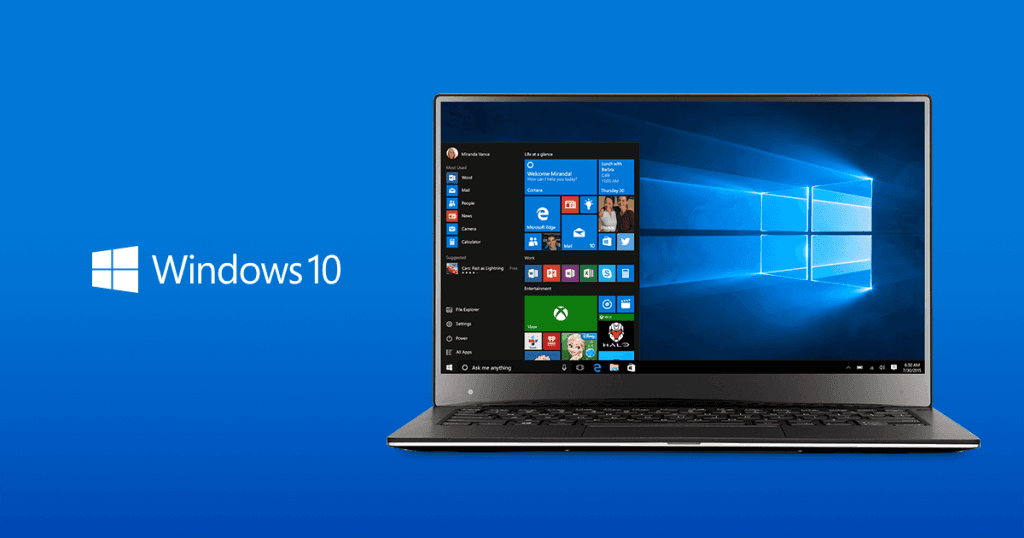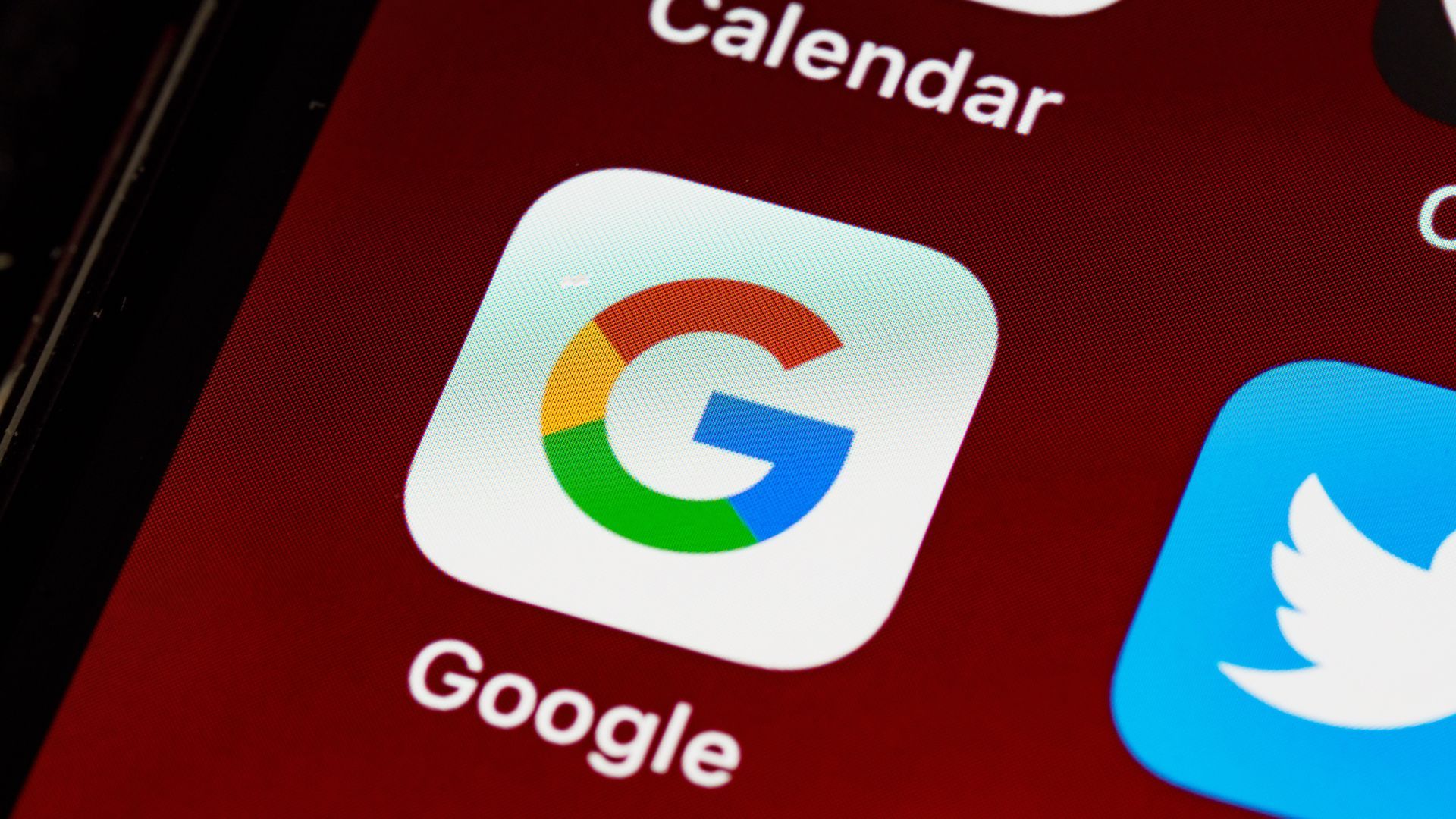Google's presence in our digital lives is pervasive, from search to email and beyond. As concerns about privacy and digital autonomy grow, many wonder if it's possible to break free from Google's ecosystem.
1. What is De-Googling and Why Should You De-Google?
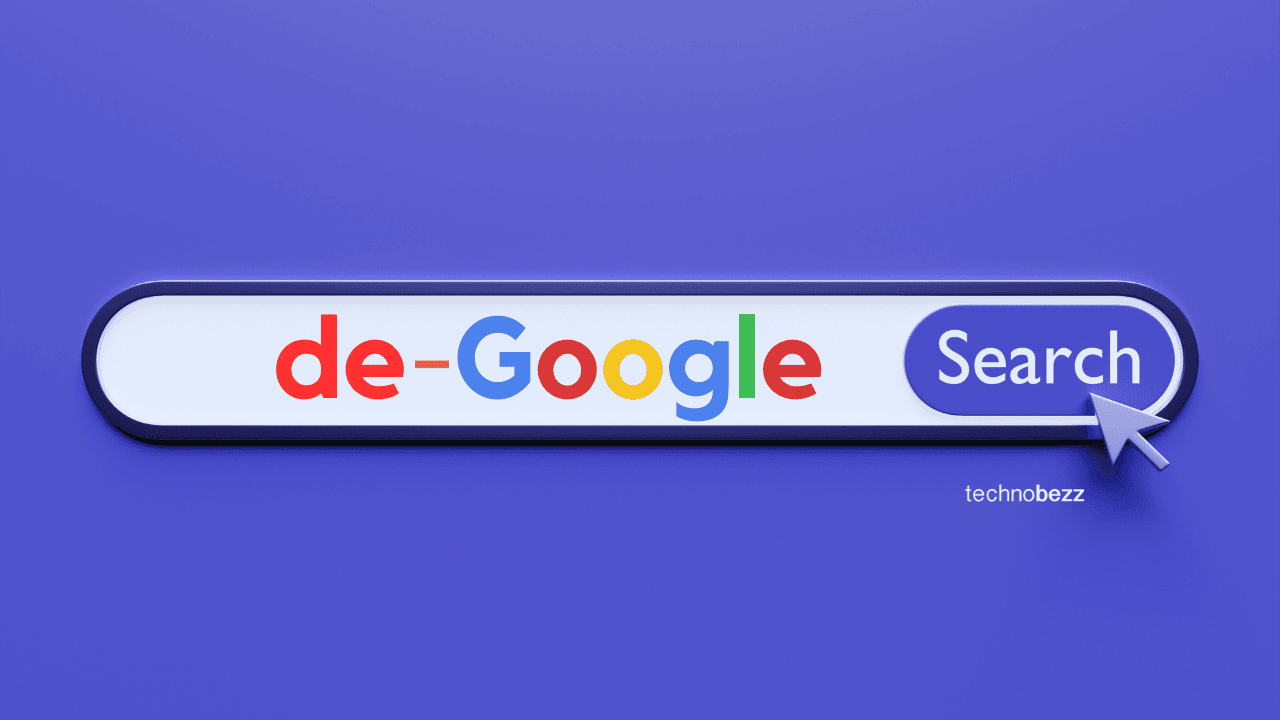
What is De-Googling?
De-Googling is the systematic process of reducing or eliminating dependence on Google's ecosystem of products and services. This includes replacing Google's search engine, email, cloud storage, mobile operating system, and other widely-used applications with alternative solutions.
Why Should You De-Google?
- Privacy concerns: Google's business model relies heavily on collecting and analyzing user data for targeted advertising and service improvements.
- Data control: Users gain more control over their personal information by diversifying their digital footprint across multiple platforms.
- Reducing digital footprint: Minimizing reliance on a single entity for multiple services can limit the extent of data tracking.
- Avoiding vendor lock-in: Reduces dependency on a single company's ecosystem, allowing for more flexibility in service choices.
- Supporting competition: Using alternative services encourages a more diverse and competitive tech landscape.
Interesting Stats and Facts About Google
- 1.Google dominates with approximately 91% of the global search engine market as of 2024.
- 2.Android, developed by Google, runs on about 72% of smartphones worldwide.
- 3.Google Chrome holds roughly 65.7% of the global browser market share.
- 4.Gmail has over 1.8 billion active users globally.
- 5.YouTube, owned by Google, has over 2.5 billion logged-in monthly users.
- 6.In 2023, Google's revenue was reported at $237.8 billion, accounting for the majority of its income.
- 7.Google processes over 8.5 billion searches per day, providing vast amounts of user data.
- 8.Google Maps is used by over 1.8 billion people every month.
2. Can you really trust Google?

Updated
On August 5, 2024, a federal judge ruled that Google illegally maintained a monopoly in the search engine and search text advertisement markets.
The ruling was based on a lawsuit filed by the U.S. Department of Justice (DOJ) and nearly every state's attorney general in 2020.
Key Allegations Upheld by the Judge:
- 1.Google paid billions of dollars to device manufacturers and internet browsers to be the default search engine.
- 2.Google's dominance stifled competition in the search market.
- 3.Google's position as the default search engine has unfairly benefited it in the artificial intelligence (AI) race.
Google, once hailed as a pioneer of the internet we know now with its former 'Don't be evil' motto, now faces unprecedented scrutiny over its trustworthiness. As the dominant force in search and digital advertising, Google's actions have far-reaching consequences for businesses, consumers, and the internet ecosystem as a whole. Recent findings from antitrust trials, alleged internal documents, and industry testimonies have cast a shadow over the tech giant's practices and intentions.
A summary of the DOJ findings, alleged internal leaks, and incidents
Antitrust Concerns
- Multiple ongoing antitrust lawsuits, including DOJ case over search monopoly
- Judge ruled Google must face trial for ad tech monopoly claims.
- DOJ accuses Google of running illegal monopoly in search engine industry
Misleading Practices
- Claims of manipulating ad auctions and pricing, allegedly to increase revenue
- Purported internal documents reveal "randomization" of top ad positions to encourage higher bids
Data Collection and Privacy
- Vast data collection across services raises privacy concerns
- Some reports suggest Google may use Chrome browser data for search rankings despite denials
Market Dominance
- Controls over 91% of worldwide search business
- Pays Apple $20 billion annually for default iOS search status
Impact on Publishers and Advertisers
- Some publishers report significant traffic losses following recent algorithm updates
- Certain advertisers express concerns about Google's advertising platform
- Concerns about AI-generated "Overviews" displacing original content
Ethical Concerns
- Debates over prioritization of revenue in various practices
- Calls for increased transparency in algorithm changes and their effects (Since the first Helpful Content Update (HCU) rollout in August 2022, and subsequent updates including Google core updates, many publishers, especially independent ones, have experienced either a massive plummet in traffic or a declining trend, with no recoveries.)
Legal and Regulatory Issues
- Judge's reported criticism of Google's document retention policies
- Allegations of destroyed evidence in ongoing trials
AI and Content Attribution
- Discussions about accuracy and potential content attribution from original sources
- Concerns from some content creators about traffic displacement to AI summaries
Read more - Google hit with lawsuit alleging it stole data from millions of users to train its AI tools (CNN)
Lack of Viable Alternatives
- Analysis of barriers to entry for potential competitors
- Google's exclusive deals with device manufacturers and browsers limiting choice
3. Starting with Your Browser - How to Replace Google Chrome

As someone who's made the switch, I can tell you that leaving Google Chrome behind is a great first step in de-Googling your life online.
My favorites are Microsoft Edge and Safari (on Mac). This combination works perfectly for me. Where Safari falls short, Edge outshines it. Since I've made the switch (which you can read more about here), not only is my privacy under better control, but my productivity has increased, battery life has extended, and there's a noticeable difference in speed.
See also - Everything Google Knows About You (And How to Stop It)
Here are some solid alternatives I've tried:
Firefox - It's privacy-focused, open-source, and highly customizable.
Brave - If you like Chrome's feel, Brave is a great option.
In my experience, the transition was smoother than expected. You might miss a few Chrome features at first, but the privacy gains are worth it. Take your time to explore these options and see which one feels right for you.
See also - Should You Leave Your Laptop Plugged In All the Time?
4. Finding Alternative Search Engines

I'll be honest, breaking up with Google Search was tough at first. It's like the default for most of us, right? But trust me, there are some great alternatives out there that won't track your every move. While my go-to these days is usually Bing, I find myself using DuckDuckGo a lot as well.
Search engines are really tools. I won't say one is absolutely different or better than the other; they're just systems for organizing information, each with its own practices. If there's a search engine that simply satisfies your search needs, then use that.
The Better Alternative I Recommend
DuckDuckGo - Known as the anti-Google, this is the search engine to use if privacy is a major concern for you. It doesn't track you, your search history isn't stored, and your search results won't be influenced by your browsing history. You'll see fewer ads, and while they have their own crawler (DuckDuckBot), they source results mainly from Bing.
Here are a few others you can try
Startpage - It gives Google results without the tracking.
Qwant - A European option. Great for privacy and has a nice, clean interface.
5. Breaking Free from Gmail - Finding Secure Email Alternatives
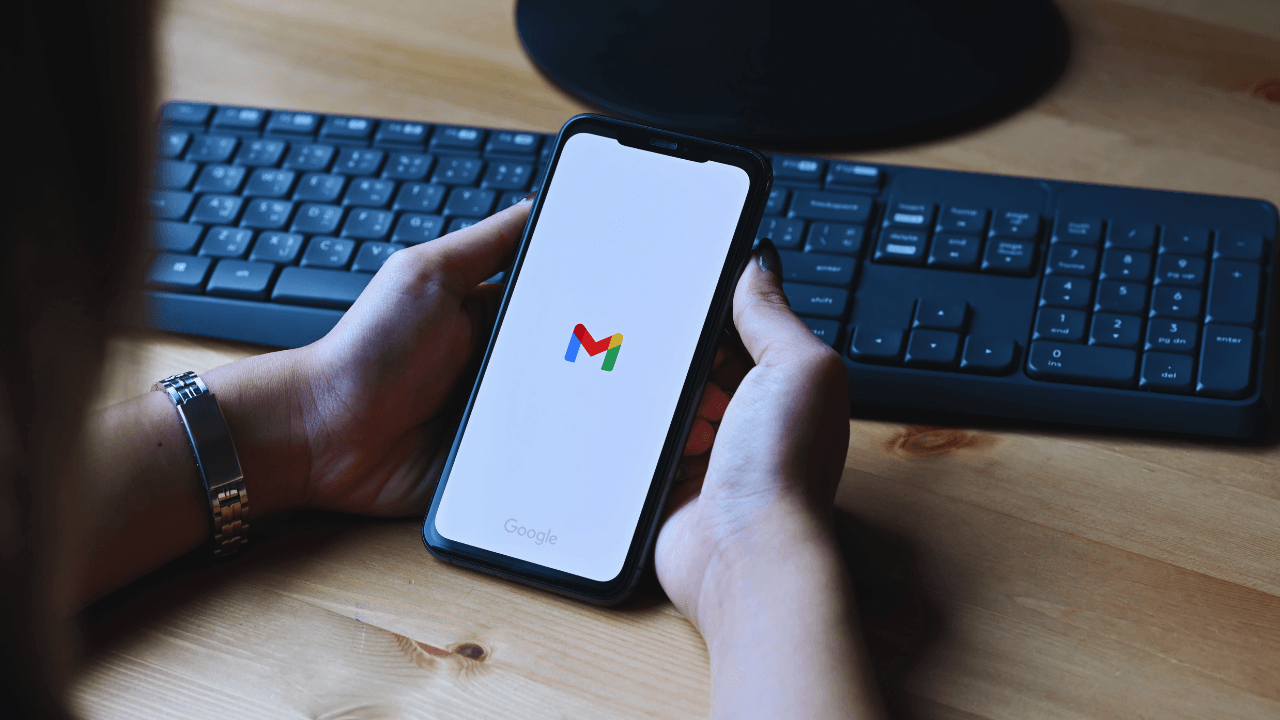
I'll admit, leaving Gmail behind is daunting. It's a very convenient and excellent service, despite its other issues. While it's not easy for everyone to just get up and switch, as some have their whole business using Google Workspace and others are so accustomed to using Gmail (it's all they've ever used), Google Gmail still ranks as the best all-around free email service out there. If privacy isn't your major concern, you may try Outlook.com or iCloud Mail.
But if you're ready to make the change and use other privacy-focused alternatives with similar features, here's our list.
ProtonMail - My top pick. End-to-end encryption and a clean interface. I love that it's based in privacy-friendly Switzerland.
Tuta - Another great secure option I've used. The entire mailbox is encrypted, which gives me peace of mind.
Fastmail - Not as privacy-focused as the others, but I find it super fast and user-friendly. Great for custom domains.
If you liked this story, please follow us.
6. Finding Your Way Without Google Maps
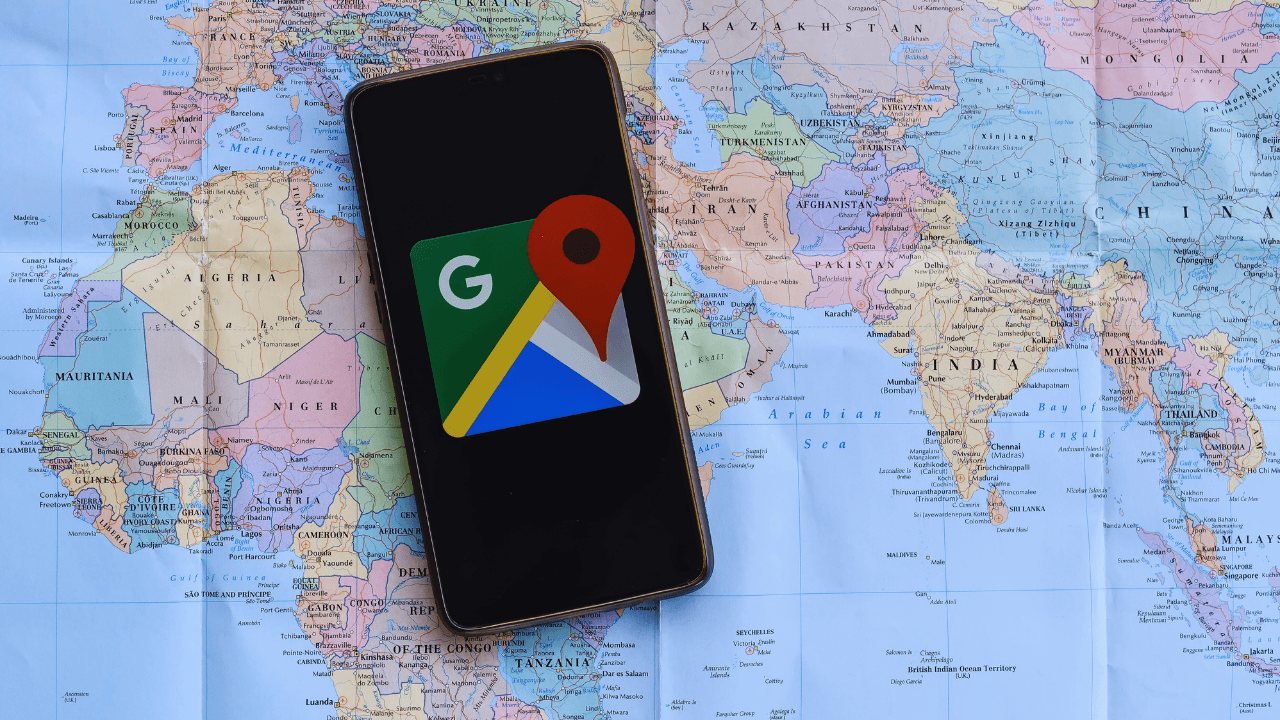
Google Maps was a tough one to let go. It's so ingrained in our daily lives that giving it up wouldn't be possible for many. But for those who have an Apple product (iPhone), Apple Maps is the best alternative. While Apple Maps may have had a rough start, since then it has made substantial improvements and is now better.
However, for those who don't have an Apple product, I'd recommend Waze, but it's owned by Google as well, so that would defeat the purpose. OpenStreetMap (community-driven and open-source), OsmAnd (great for hiking), or Bing Maps are great alternatives.
7. Alternatives for Calendar, Docs, and Drive
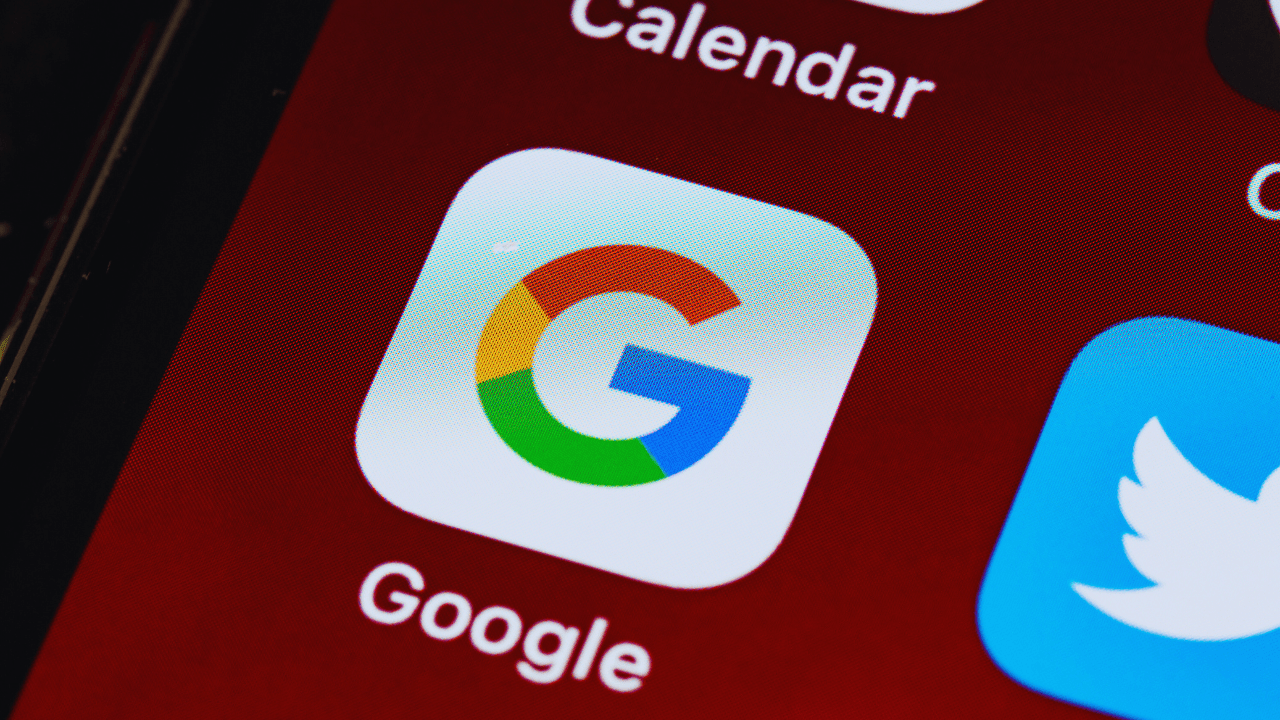
While this switch might be easier compared to the others, leaving Google's ecosystem of productivity tools can be a big hurdle, especially if your entire workflow or team is built around it. However, there are great alternatives that respect privacy and still keep you organized and productive.
Since my work machine is an Apple MacBook, I'm using iCloud Calendar, iCloud Drive, and Office.
Below are my additional recommendations
Proton Calendar:
My top pick for privacy. It integrates well with ProtonMail and offers end-to-end encryption.
Google Docs Alternative:
LibreOffice:
My go-to for offline document editing. It's free, open-source, and feature-rich.
Google Drive Alternatives:
Nextcloud - My favorite for self-hosting. It's incredibly versatile.
Sync.com - Cloud storage with top-notch encryption.
pCloud - I like their lifetime plans, and the security is solid.
See also - The 29 Biggest Tech Fails of All Time
8. What to do about YouTube and Android?

Well, there are two answers: for YouTube, you can't do much as there isn't any alternative that's quite as good. As for Android, you already know the answer - an iPhone. You can even go as far as a dumbphone if you're really serious about de-Googling.
9. Replacing Google's Extra Services: Mesh, 2FA, Voice Assistant, and News
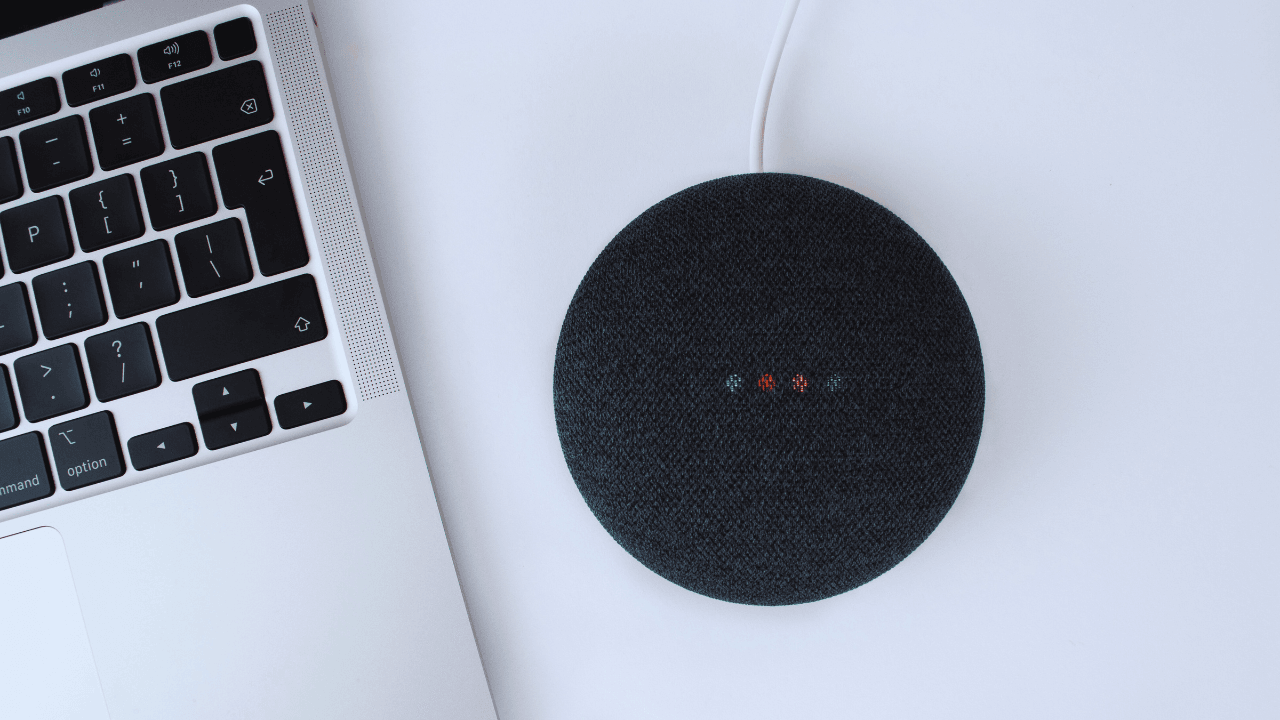
Google Mesh Alternative:
Ubiquiti AmpliFi - Great coverage and more control over your network.
Eero - A solid option I've recommended to friends. Easy to set up and manage.
Google 2FA Alternatives:
Microsoft Authenticator - My absolute favorite 2FA app now. It's user-friendly, cloud-backed, and offers additional features like password management.
Authy - It's cloud-based, so I can easily sync across devices.
Voice Assistant Alternatives:
Siri (for Apple users):
If you're in the Apple ecosystem, Siri has improved a lot and offers better privacy.
Alexa:
While not perfect for privacy, I've found it to be a decent alternative with some privacy settings.
News Aggregation Alternatives:
Microsoft Start - My favorite now. It offers personalized news, weather, and more in a clean interface. I love how it learns my preferences over time.
Yahoo Financial News - When I need focused financial news, this is my go-to. It's comprehensive and user-friendly.
Apple News - For those in the Apple ecosystem, it's a solid option with a good mix of curated and personalized content.
If you liked this story, please follow us and subscribe to our free daily newsletter.





